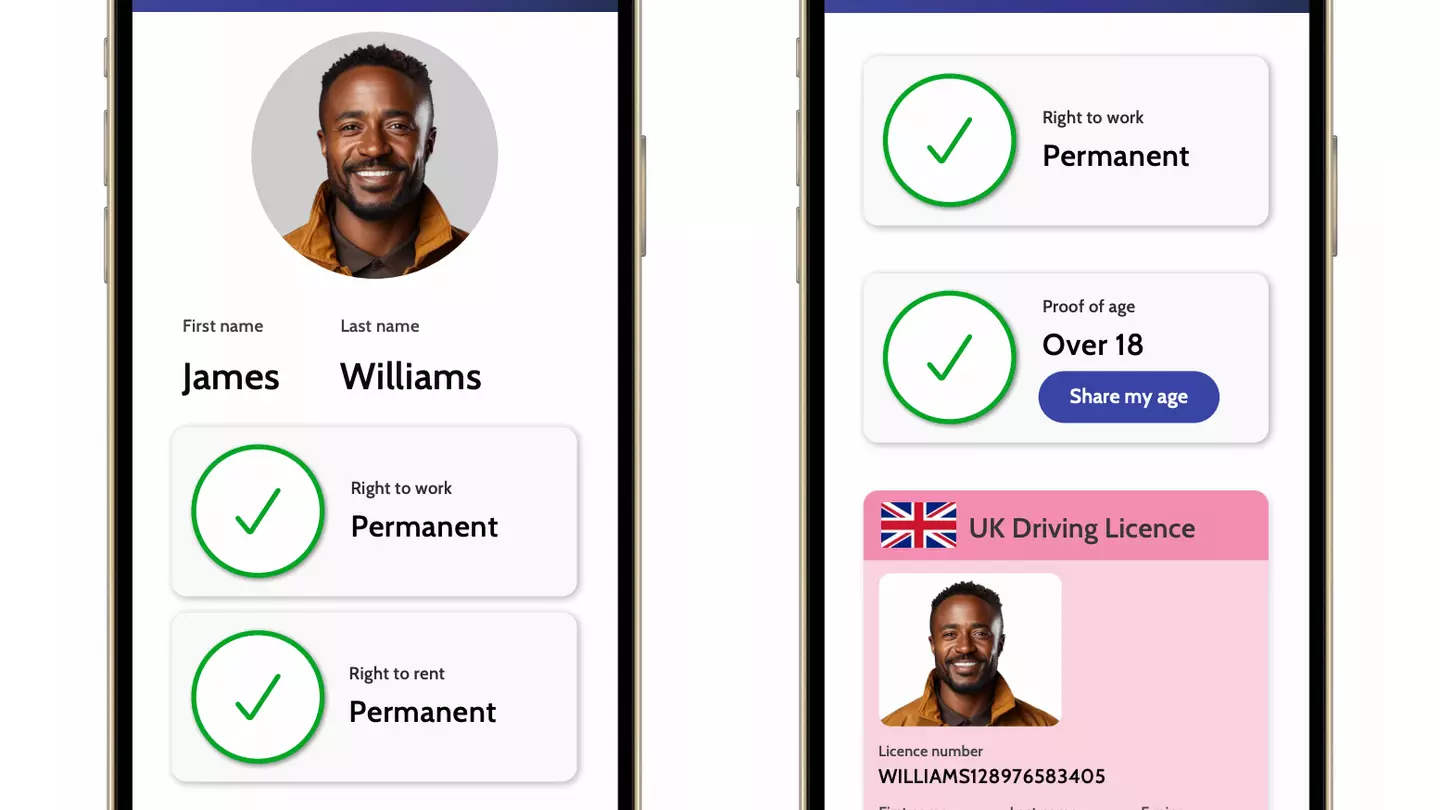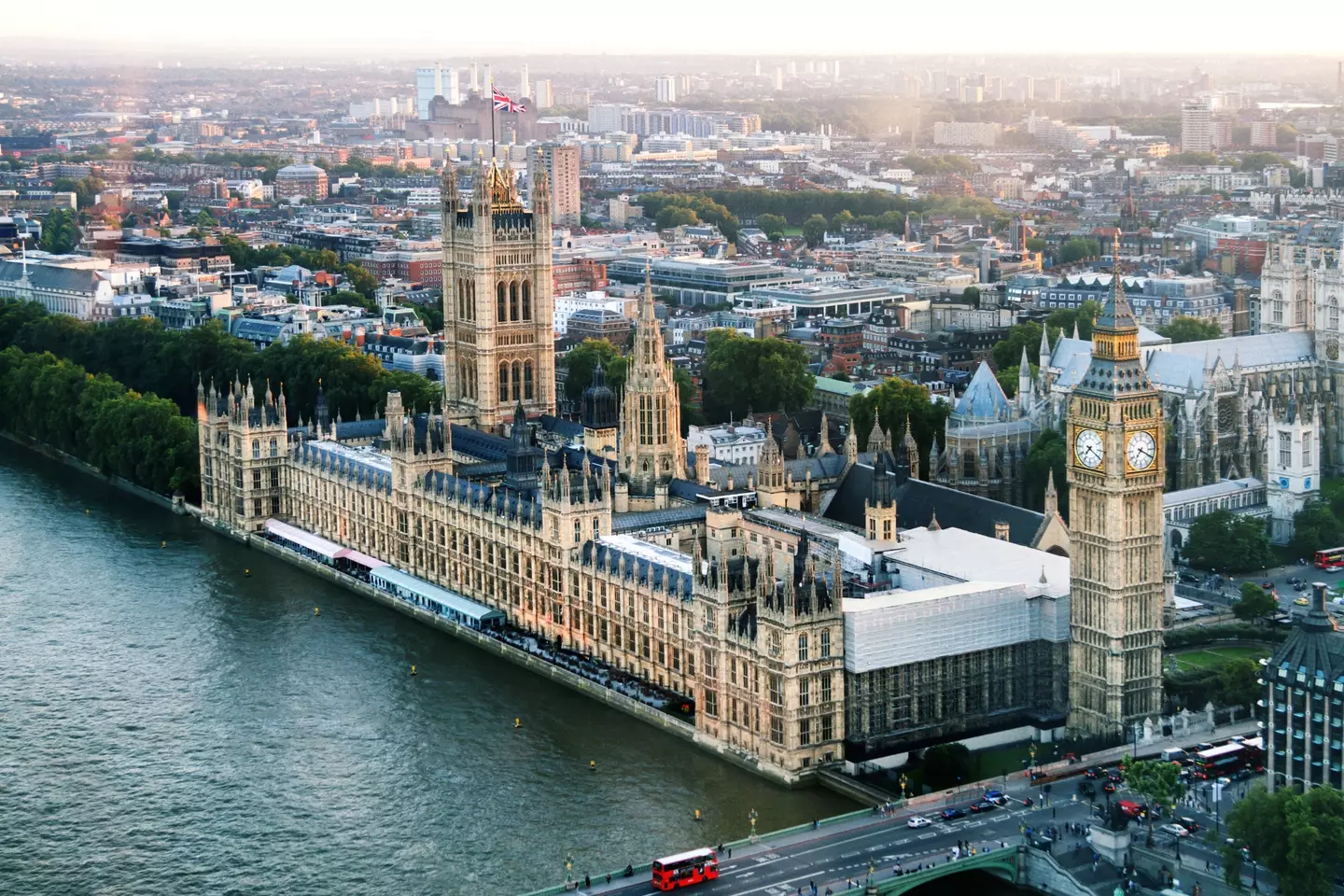
The government might not debate a petition to stop them from introducing digital ID cards, despite it gaining over two million signatures.
You've probably heard about plans to bring in the 'BritCard' under this current government, a scheme which will provide everyone in the UK with a digital ID they can access through a smartphone app.
The ID will have an individual's basic personal details and a picture of them, along with information on their right to live and work in the UK, which the government have claimed will help them tackle illegal migration.
Officials have insisted that police will not have the power to stop members of the public and demand that they produce their ID, but there have been lots of people with concerns over the digital ID card scheme.
Advert
Some of those have signed a petition on the parliament petition website calling on the government to stop it, with more than two million people putting their names to it.

10,000 signatures will get you a response from the government; 100,000 signatures will get your petition considered for a debate in parliament.
It should be noted that being considered for a debate doesn't mean one will actually go ahead, and even if it does, the typical government response is to explain why they're still going to do what they were planning on doing.
The petitions don't really have an impact beyond extracting a statement from the government and perhaps getting a few words spoken in the House of Commons. At best, you get a few MPs to talk for a bit before the government says they're going to carry on.
Ones which reach 100,000 signatures or more, which this one did quickly, tend to be debated in parliament unless they've already had a similar debate or are already planning on having one, thus making it superfluous.
The government has also responded to the petition itself, though the answer is probably not what the people who signed it were hoping for.

"We will introduce a digital ID within this Parliament to help tackle illegal migration, make accessing government services easier, and enable wider efficiencies. We will consult on details soon," the government said in their response to the petition.
They went on to explain further how they thought it would benefit Brits and how it could help them crack down on fraud through a digital ID.
They said: "Currently, when UK citizens and residents use public services, start a new job, or, for example, buy alcohol, they often need to present an assortment of physical documents to prove who they are or things about themselves.
"This is both bureaucratic for the individual and creates space for abuse and fraud.
"To tackle these interlinked issues, we will introduce a new national digital ID. This is not a card but a new digital identity that will be available for free to all UK citizens and legal residents aged 16 and over."
It will not be a criminal offence to be without a digital ID, but it will be 'mandatory' if you want to do certain things, such as pass a right-to-work check when getting a job.